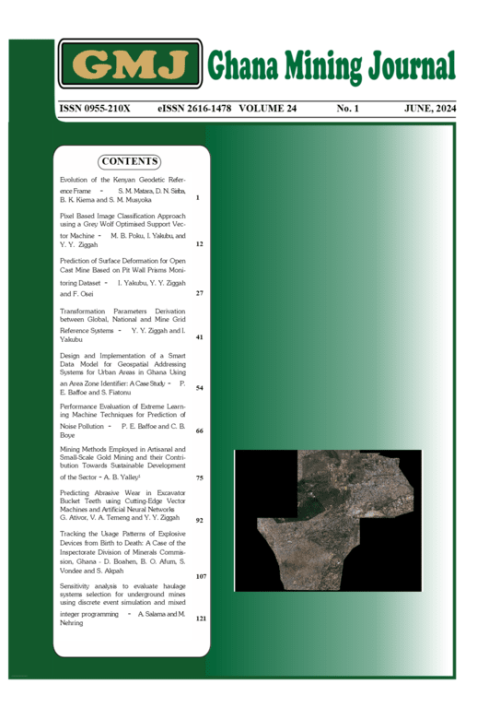Main Article Content
Exploring the Impact of Emerging Technologies on Information Accessibility Enhancement*
Abstract
This study explores the impact of emerging technologies on information accessibility enhancement, encompassing historical perspectives, technological evolution, and theoretical frameworks. The objective of this paper is to investigate the ramifications of emerging technologies on information accessibility enhancement, focusing on historical perspectives, technological advancements, and theoretical frameworks. A quantitative research approach was employed, utilising structured surveys to probe the impact of emerging technologies on information accessibility. Surveys were disseminated online to 500 participants in Ghana, featuring multiple-choice questions, Likert scale items, and open-ended queries. Data analysis primarily employed descriptive statistics to extract insights into the nexus between emerging technologies and information accessibility enhancement. The study revealed significant improvements in information accessibility due to emerging technologies, with respondents acknowledging the profound influence of Wi-Fi, 5G networks, and AI on access to information. However, challenges such as the digital divide and regulatory barriers were identified as hindrances to equitable access. The Diffusion of Innovations theory provided a comprehensive framework for understanding the adoption and dissemination of emerging technologies, highlighting the need for strategies to promote widespread adoption and effective use. The study underscores the importance of addressing existing barriers to fully realise the benefits of emerging technologies for enhancing information accessibility across diverse populations. A robust information and communication technology infrastructure should be prioritised to bridge the digital divide.






